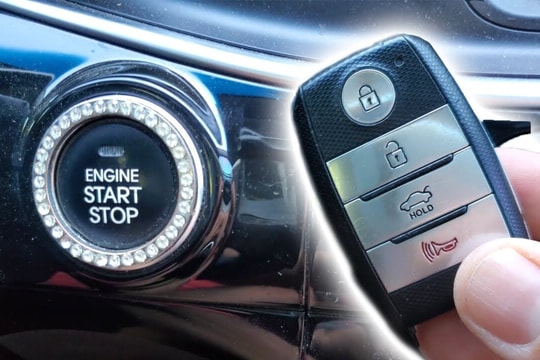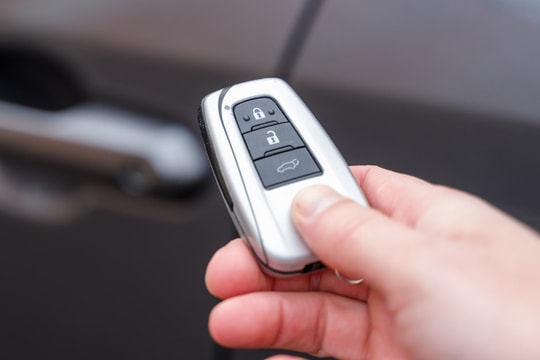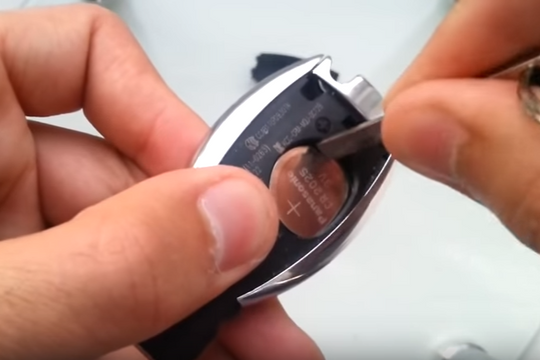Most car smart keys are unsafe.
Survey of 237 smart keys, only 3 have the ability to prevent signal copying.
Most new car models use smart keys, because of their convenience, modernity, and integrated features. However, a survey conducted by ADAC, a car club in Germany, shows that many smart keys can have their signals copied for malicious purposes.
ADAC's technical team selected 237 smartkeys for testing. Of these, 230 were cloneable, counterfeit keys that could be used to open doors and start the car like an original smartkey. Four keys could be partially hacked, opening doors or starting the car. Only three Jaguar-Land Rover car keys were completely hackproof.
|
According to statistics from an organization in the UK, car thefts have increased by 47.8% in the past 5 years, while the number of cases where the police have recovered stolen cars is less than 50%. Thieves use the signal receiver of the smart key when connected to the car, thereby amplifying the signal. The car will be "tricked" when the bad guy amplifies the signal, identifies the key near the car and allows the door to be opened and started normally.
ADAC research found that four of the five best-selling cars in the UK – the Ford Fiesta, Volkswagen Golf, Nissan Qashqai and Ford Focus – could be hacked using fake key fobs. Only the Jaguar I-Pace and the latest Land Rover Discovery and Range Rover models are completely immune to fake key fob attacks.
ADAC expressed doubts about users wrapping their keys in zinc shields to prevent signals from being picked up by unauthorized devices, as even a small gap could allow signals to leak out. Instead, the German research organization recommended that car owners find ways to temporarily deactivate their smart keys if possible.





